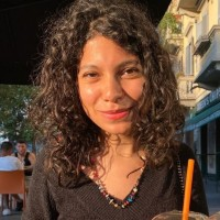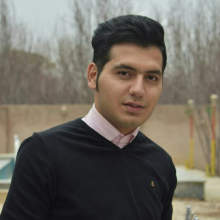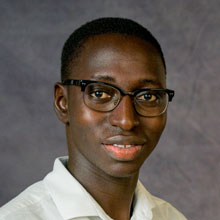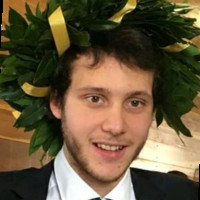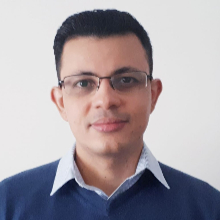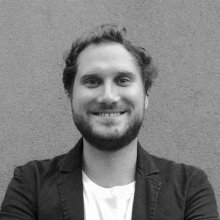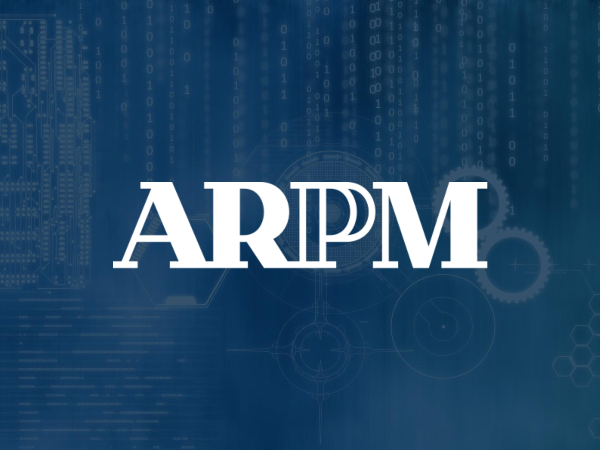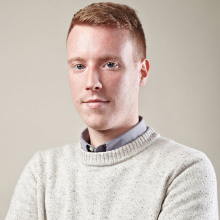Education
The VERA Centre is also a place of advanced training in economics, econometrics and finance as well as for the implementation of experimental research.
Thanks to the synergies with the Ph.D. Programmes, the Professional Masters and the Master's Degree Programmes of the Department of Economics, the education and research activities of the Centre will guarantee the development of professional expertise and leadership skills.
The VERA Center supports students of Master’s Degrees through internship grants for research assistance (VERA Academy); grants for Ph.D. Programme in Economics; Summer Schools involving students, academics and researchers in collaboration with other universities or research institutes.
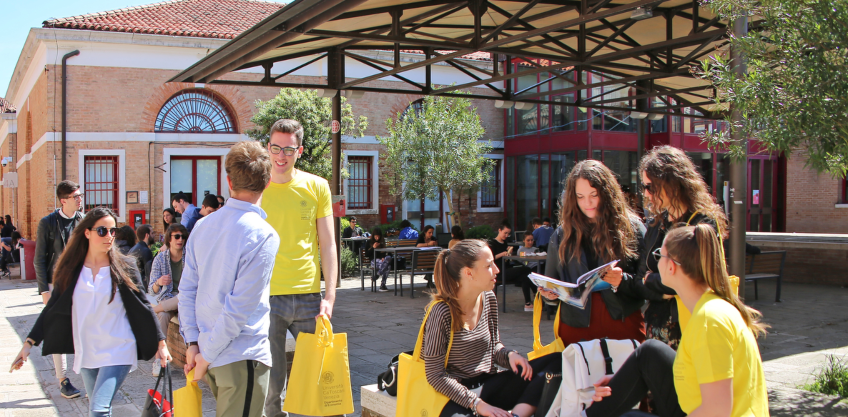
Summer Schools

- Network Econometrics
San Giobbe Economics Campus (Venice),
July 1st-5th, 2024 - Advanced Bayesian Econometrics: Bayesian Multivariate Models and Forecasting in Economics and Finance
San Giobbe Economics Campus (Venice),
August 26th-30th, 2024
San Giobbe Economics Campus (Venice),
July 1st-5th, 2024
San Giobbe Economics Campus (Venice),
August 26th-30th, 2024

- Algorithmic and High Frequency Trading
San Giobbe Economics Campus (Venice),
July 1st-12th, 2024 - Sustainability in the Business World
San Giobbe Economics Campus (Venice),
July 1st-12th, 2024
San Giobbe Economics Campus (Venice),
July 1st-12th, 2024
San Giobbe Economics Campus (Venice),
July 1st-12th, 2024
VERA Academy
VERA Academy is the advanced training programme that gives talented students of Master's Degree Courses of the Department of Economics the opportunity to work with the researchers of the VERA Centre on their research projects.
The Centre offers internship grants for activities of research assistance useful for their orientation and subsequent integration into the labor market.
This activity may be useful also for developing the Master degree thesis.
Ph.D. Students
The project supports 4 years Ph.D. scholarships dedicated to specific research topics of the VERA research Center.
37th cycle (2021-2022 academic year)
Research interest: Economics and Risk Analystics for Public Policies.
Scholarship: funded by VERA Centre.
36th cycle (2020-2021 academic year)
Research interest: Economics and Risk Analystics for Public Policies.
Scholarship: funded by VERA Centre.
Research interest: Micro effects of macroprudential policies.
Scholarship: funded by NETSPAR (Network for Studies on Pensions, Ageing and Retirement), in the framework of an agreement between Ca’ Foscari University of Venice and Vrije Amsterdam University.
35th cycle (2019-2020 academic year)
Research interest: Economics and Risk Analystics for Public Policies.
Scholarship: funded by VERA Centre.
Giovanni Pianon
Research interest: Research conducted under the "ESG Factors and Climate Change for Credit Analysis and Rating".
Scholarship: funded by the European Investment Bank through the EIBURS program.
34th cycle (2018-2019 academic year)
Ovielt Antonio Baltodano López
Research interest: Econometrics, Development Macroeconomics, public policy, heterodox economics, agent-based models.
Scholarship: funded by VERA Centre.
Other Educational Activities
Tableau Lab - Data Analysis and Data Visualisation May 28th - June 18th, 2024
San Giobbe Economics Campus, Cannaregio 873, Venice

The Department of Economics offers Phd students, research fellows and technical-administrative staff the opportunity to attend the course in data analysis and visualization. Using Tableau Desktop software provides the basic knowledge to create basic and advanced analyses, interactive visualizations and dashboards. Topics covered are:
- data preparation to import various data sources such as for example excel files, text files (.csv) and spatial files (such as shapefiles and gps tracks);
- software structure and descriptive analysis;
- creation of cartographies;
- creation of calculated fields and groups of variables;
- merge between different data sources;
- creation of interactive dashboards;
- publication of results online, export to ppt/pdf, creation of a "story" within Tableau;
Timetable and course program
- PART 1: introduction to tableau: usable data sources, data cleaning, data discovery, measurements and dimensions. Manage geographic information on tableau. Creation of cartography and basic statistics
- PART 2: perform data joins from different sources (e.g., shape, excel, csv), variable group creations, creation of calculated fields for analysis, basic analysis (percentages, sum, totals, differentiates, variation). Creation of tables, histograms, scatterplot graphs. Export images, data and excel.
- PART 3: data visualization, interactive dashboard creation, examples of advanced analysis (correlations, clusters, etc.).
- PART 4: lab lesson: bring your own dataset and let’s play with tableau / practice session.
The lessons will take place in July and the dates are to be defined.
Requirements
- MAC or PC;
- Tableau desktop user key (Student is faster to obtain) to be requested with the university email address. To download the software please visit the Tableau offcial website.
Lecturer
Dario Bertocchi, Researcher, Department of Geography, University of Udine
Advanced Risk and Portfolio Management
Department of Economics, in partnership with ARPM, offers Advanced Risk and Portfolio Management as one of its courses as elective, assigning credits upon successful completion of the final exam.
Upon successful completion of the course, you will be able to:
- correctly map all the techniques adopted in quantitative finance onto a unified theoretical framework, appreciating the interconnections, and gaining a fresh perspective on the known techniques;
- avoid the most common pitfalls in risk management and portfolio management applications;
- interact with your classmates (and with the ARPM community) using a common language and notation;
- navigate the ARPM Lab to find detailed reference material to deepen your knowledge of the topics covered by the course, and more;
- the Moodle page for the course;
Information about ARPM's 2024 edition will be released soon.
Contact
Michele Costola, Researcher, Department of Economics, Ca' Foscari University of Venice
ESG and Suistainable Finance

The Department of Economics and CentroMarca Cooperative Bank signed an agreement of cooperation for enhancing new opportunities of education and research in the field of green and sustainable finance.
The cooperation is focused on the following topics: the integration of environmental, social and governance (ESG) criteria in credit analysis and ratings, the analysis of risks and opportunities of climate change; the awareness promotion concerning benefits and opportunities associated with sustainable finance.
The Department of Economics is already involved in several European and Internal projects on these specific themes with a consolidated research group composed by Loriana Pelizzon, Monica Billio, Stefano Battiston, Michele Costola and several young researchers recruited on specific projects funded at EU, national and local level.
A specific University course on ESG and sustainable finance began on March 2021. The course, organized with the support of the CentroMarca Cooperative Bank, is part of the educational CV provided by Master's Degree program in Economics and Finance.
Instructor
Michele Costola, Researcher, Department of Economics, Ca' Foscari University of Venice
Past Activities
Quantitative Trading Lab

That of the algorithmic trader is one of the most sought after professions in the halls of London finance. The successful trader possesses a mix of method, psychology and ability to manage capital.
The Quantitative Trading Lab provides the foundations of this fascinating profession, combining theoretical lessons with practical laboratory exercises with the help of Multicharts.
The primary objective of this course is to provide students with an idea of the evolution experienced by the world of investments in the last twenty years.
Quantitative trading is now a widespread reality in institutional circles, both in the field of the management of capital carried out by mutual investment funds, and in the field of the management of capital owned by banks, social security institutions, foundations, and insurance companies.
Learning the fundamentals of this complex discipline is the first step of a path that goes through the acquisition of skills in the financial, mathematical, statistical, psychological, and behavioral fields.
It is of paramount importance in this process to immediately understand how the playful aspect of trading must be immediately eliminated, so to be able to move to a higher, call it professional, level.
Lecturer
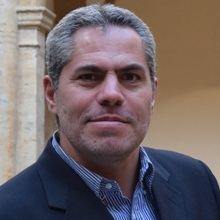
Domenico Dall'Olio, Adjunct Professor, Department of Economics, Ca' Foscari University of Venice
European Statistical Programme
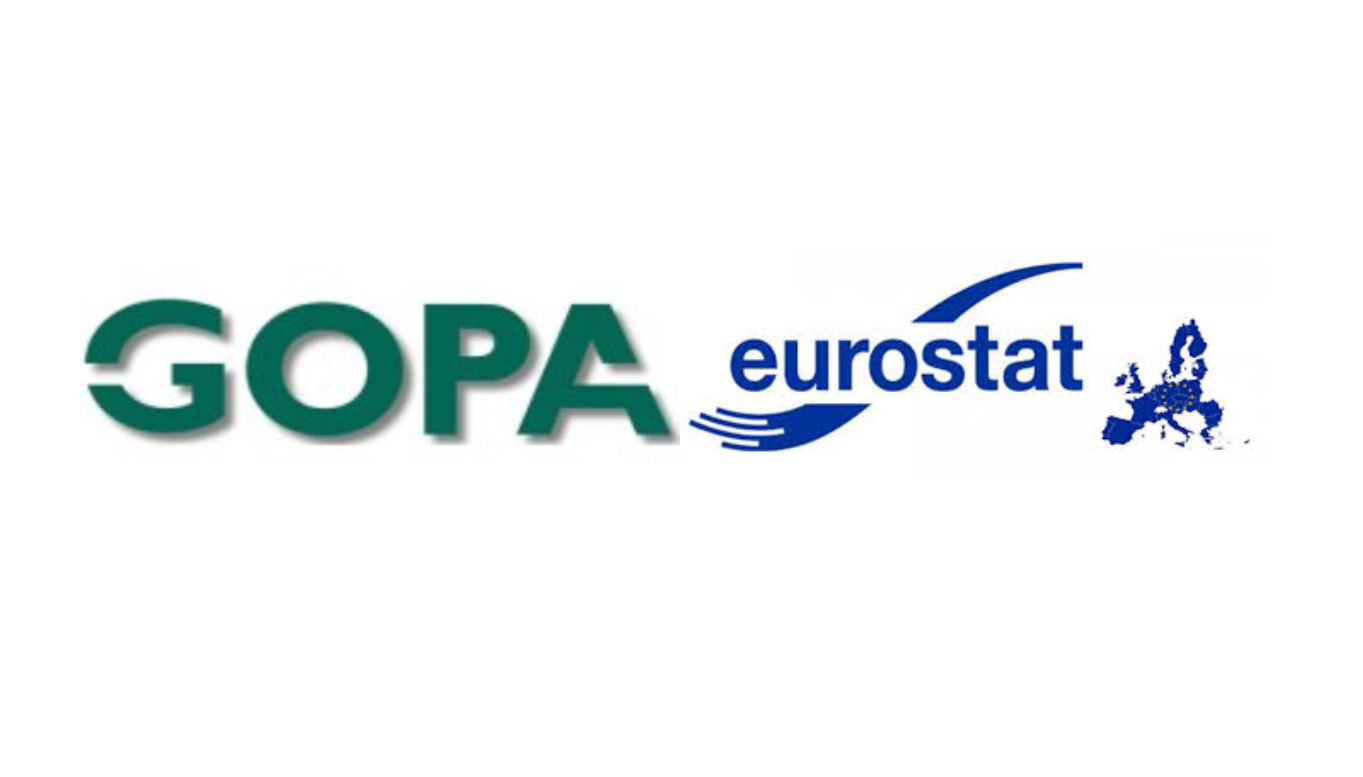
The Department of Economics hosted two 2020 ESTP courses. The two training courses were organized by GOPA, leading provider of statistical services, and financed by EUROSTAT in the frame of the ESTP programme.
The purpose of the European Statistical Programme (ESTP), coordinated by EUROSTAT, was to provide European statisticians with continuous training in new methods, techniques and best practices and integrate the application of European concepts and definitions.
Trainers
Stefano Federico Tonellato, Associate Professor of Statistics, Department of Economics, Ca' Foscari University of Venice
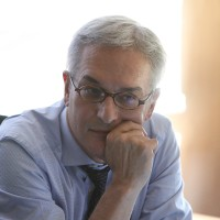
Fabio Bacchini, Head of Econometric Studies and Economic Forecasting Division, Italian National Institute of Statistics (ISTAT)


